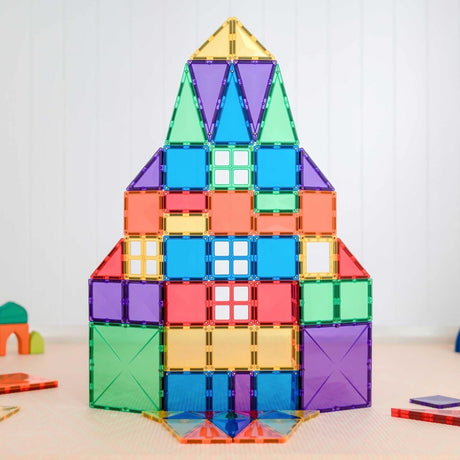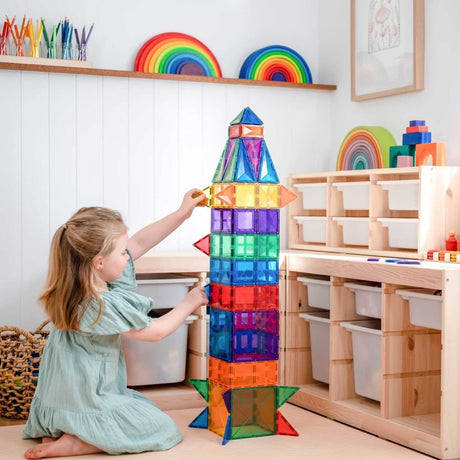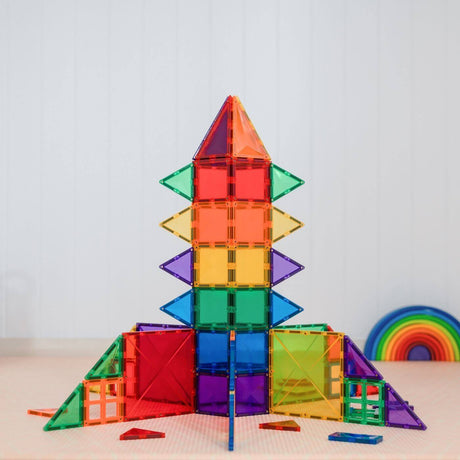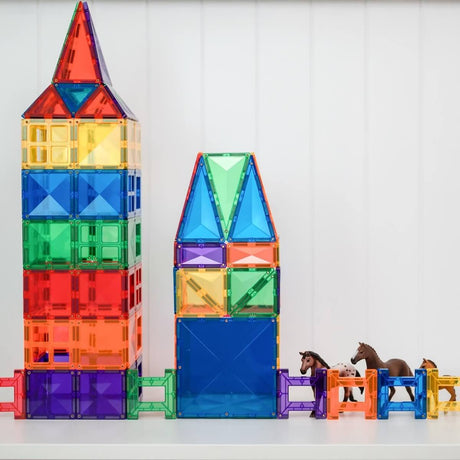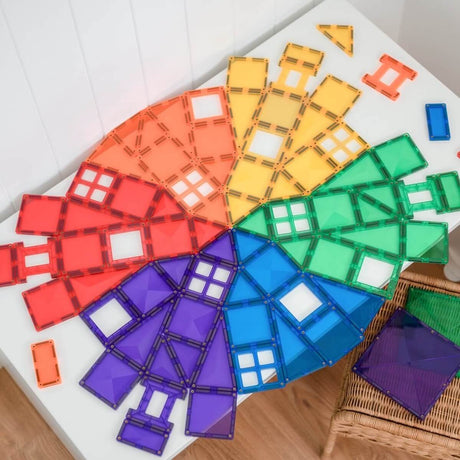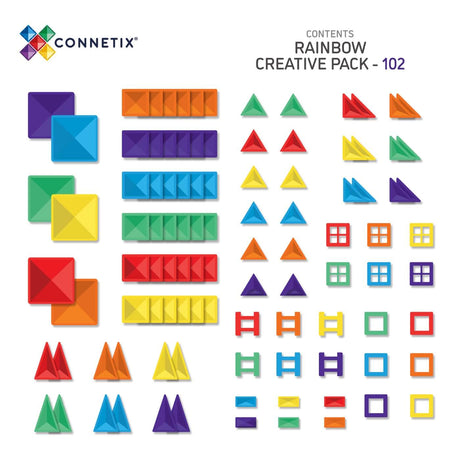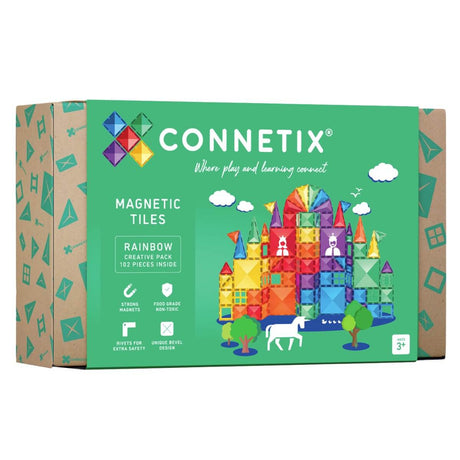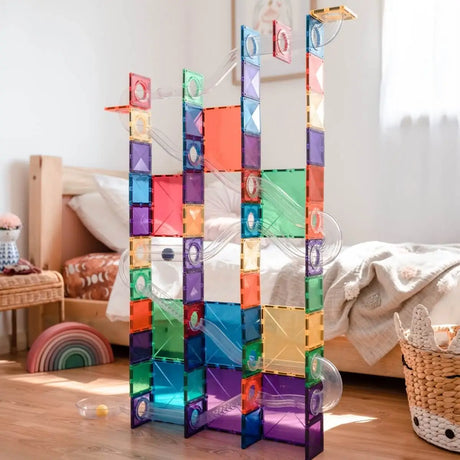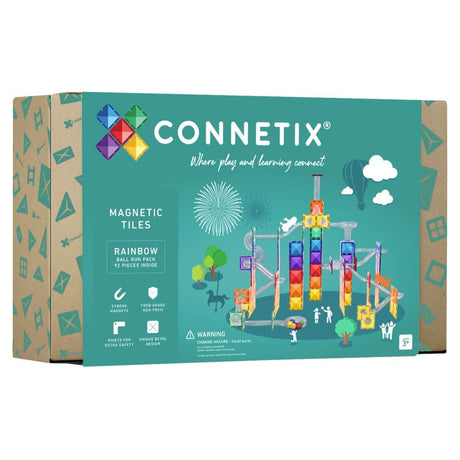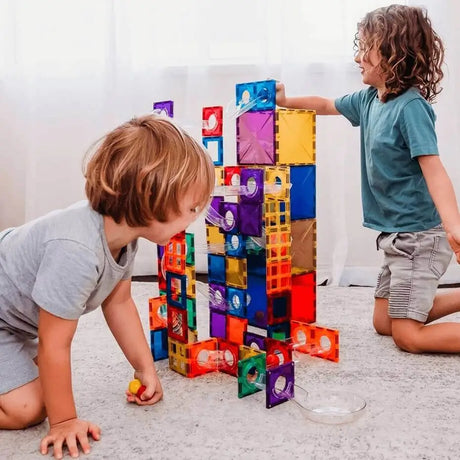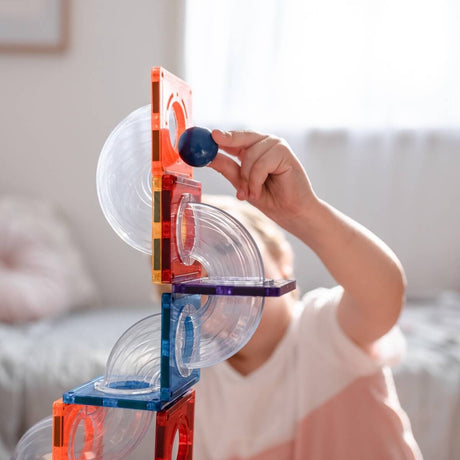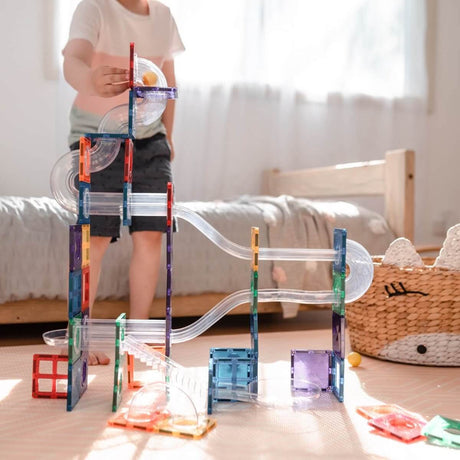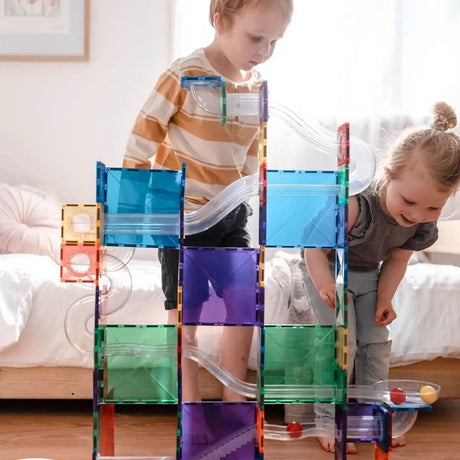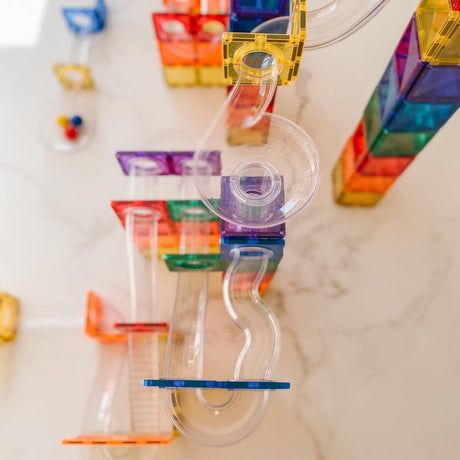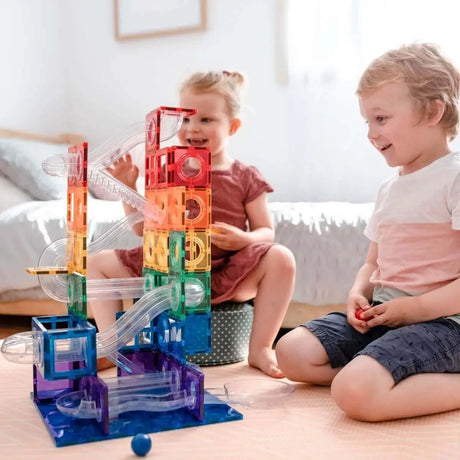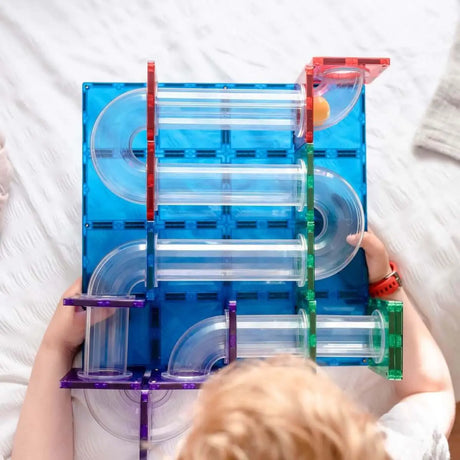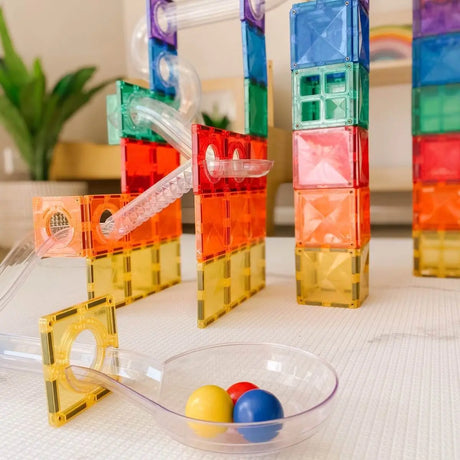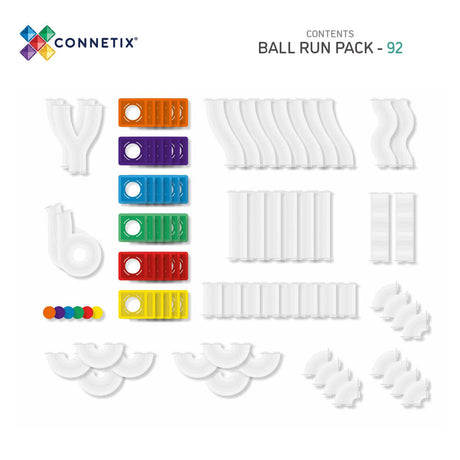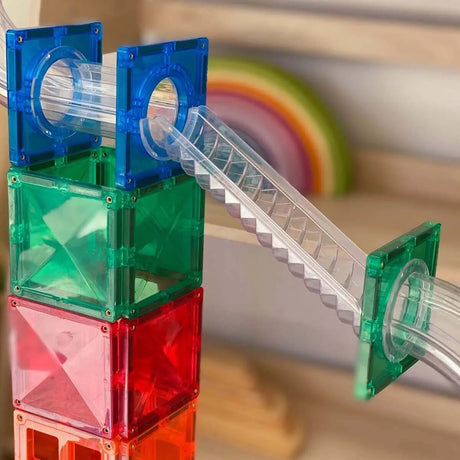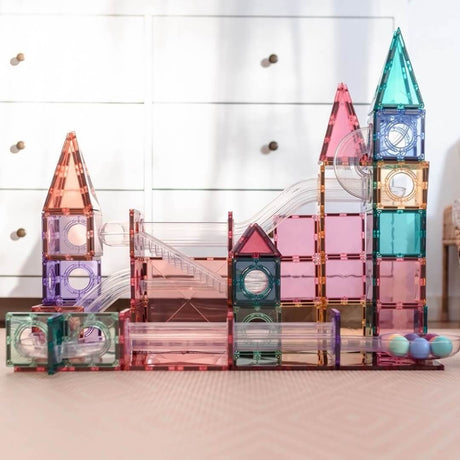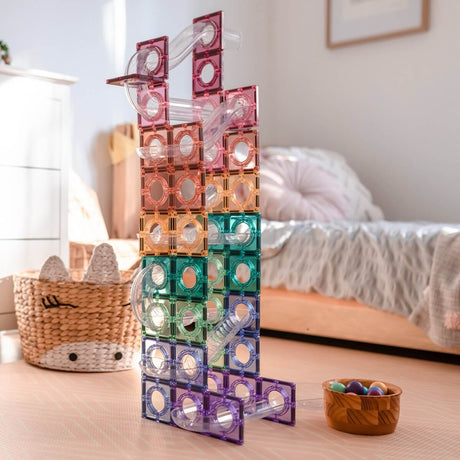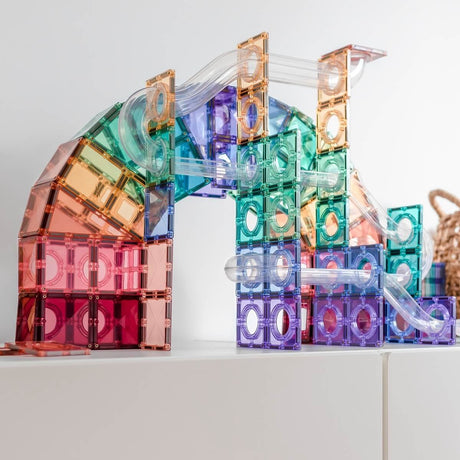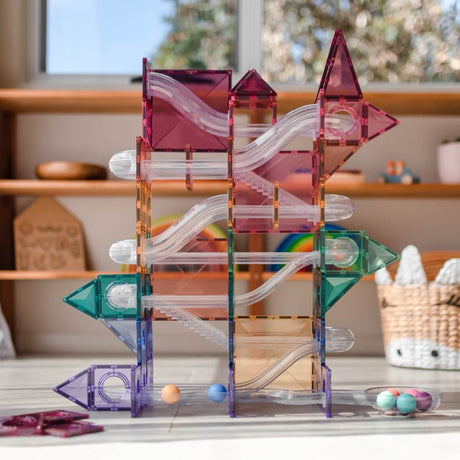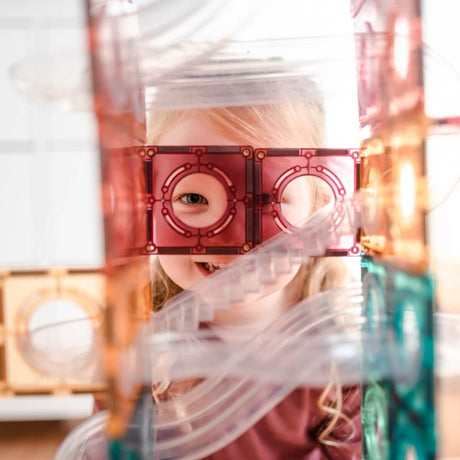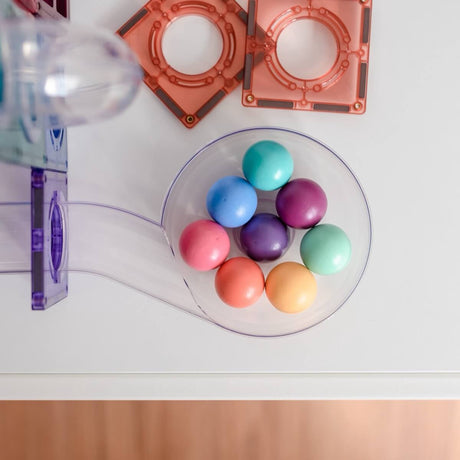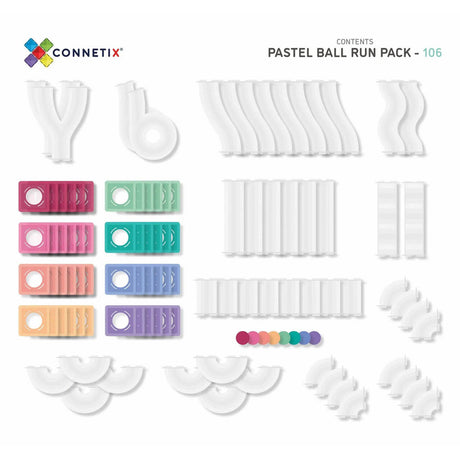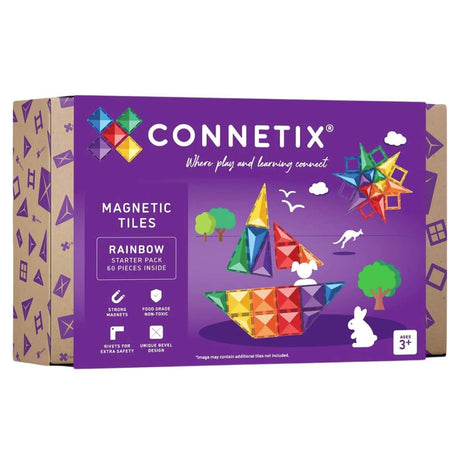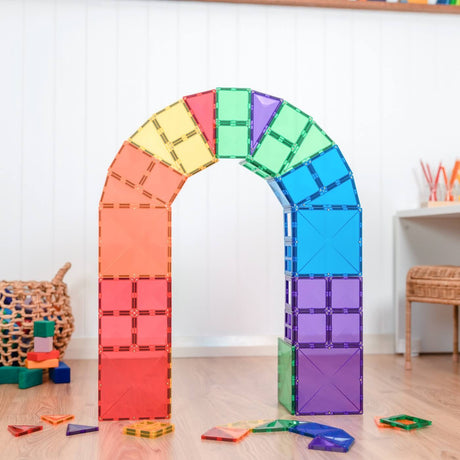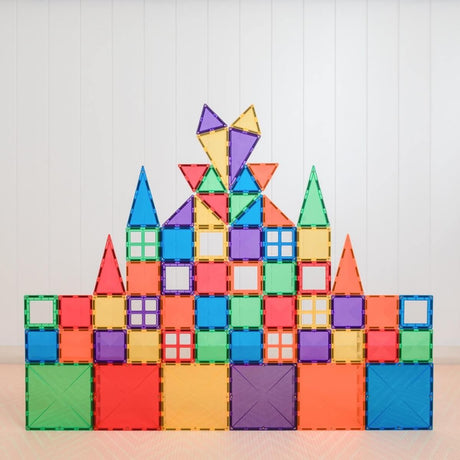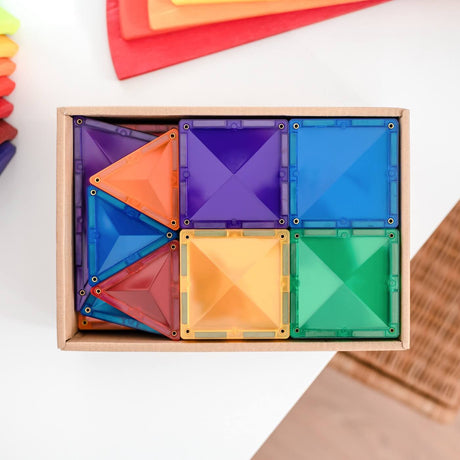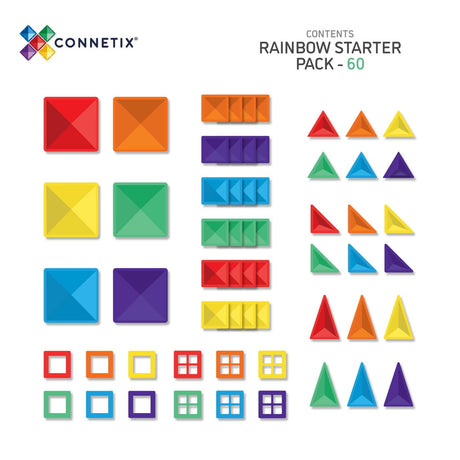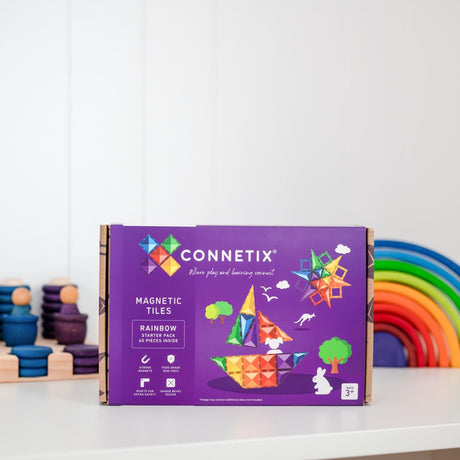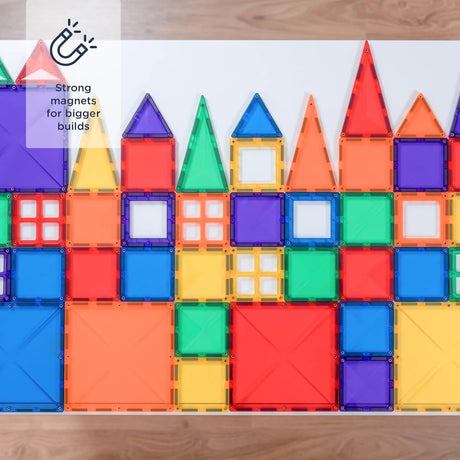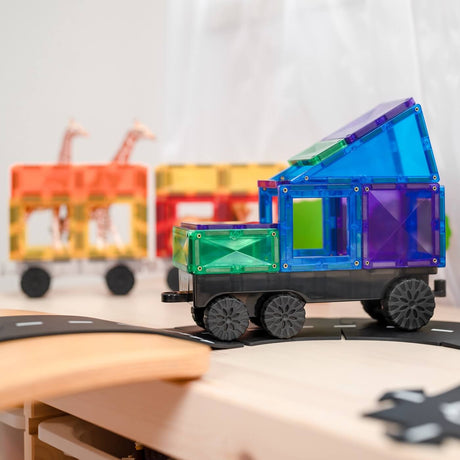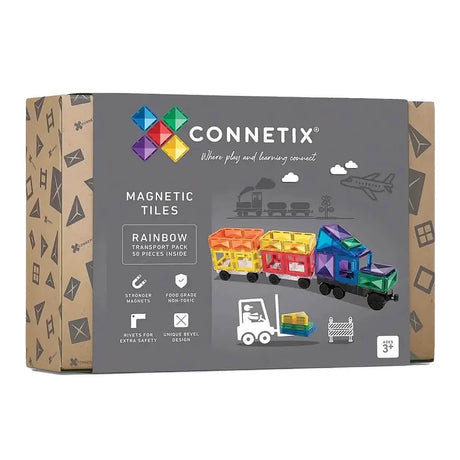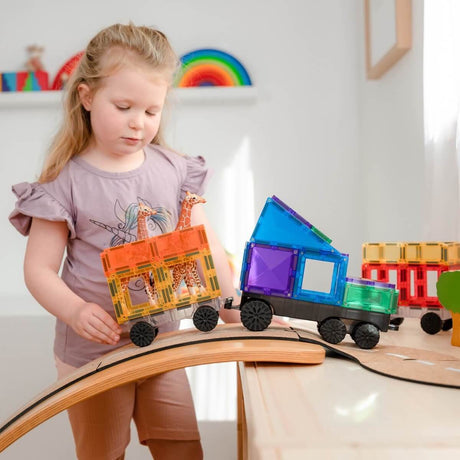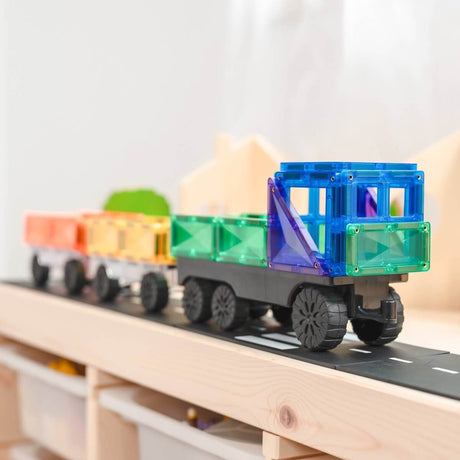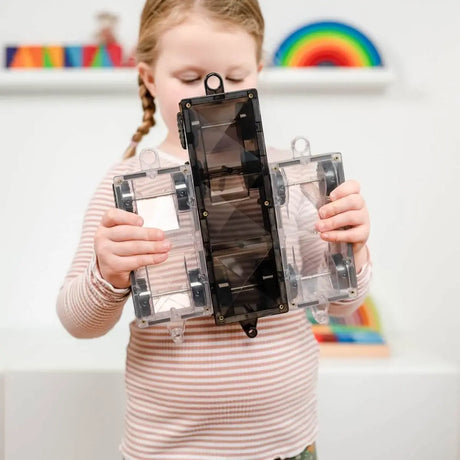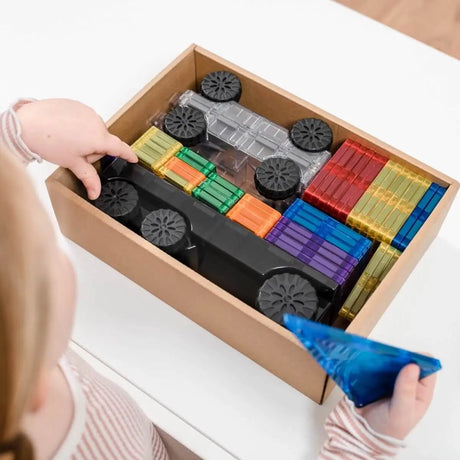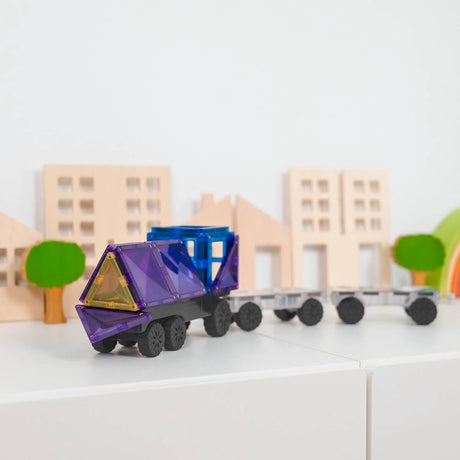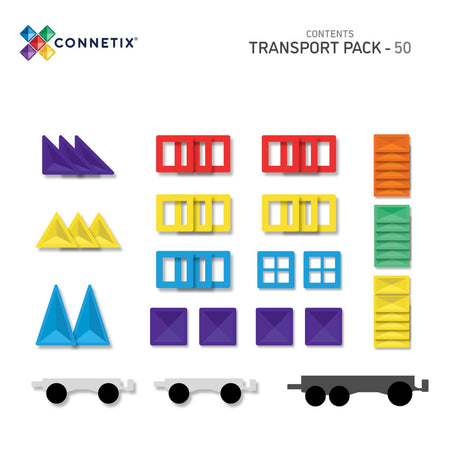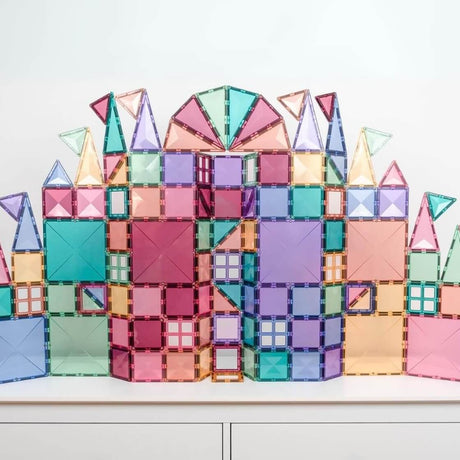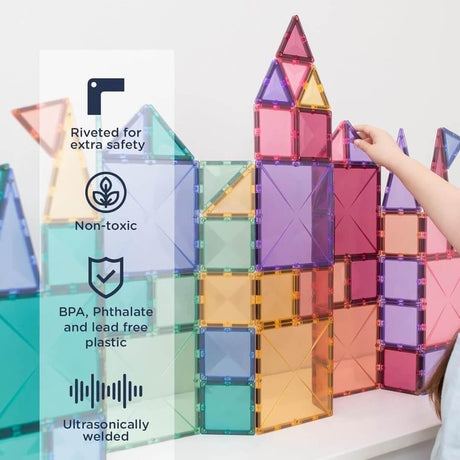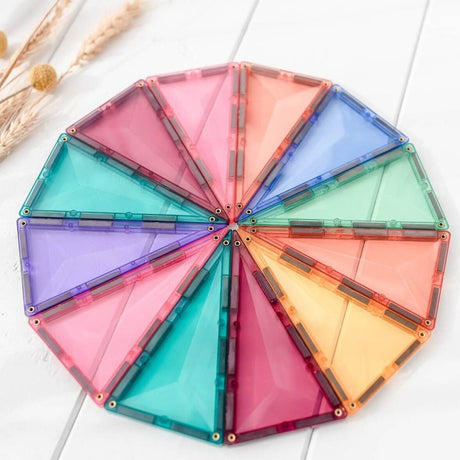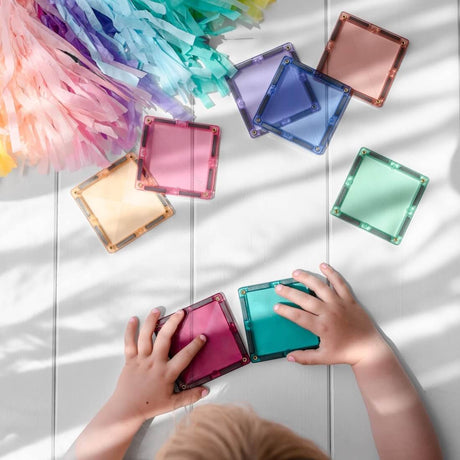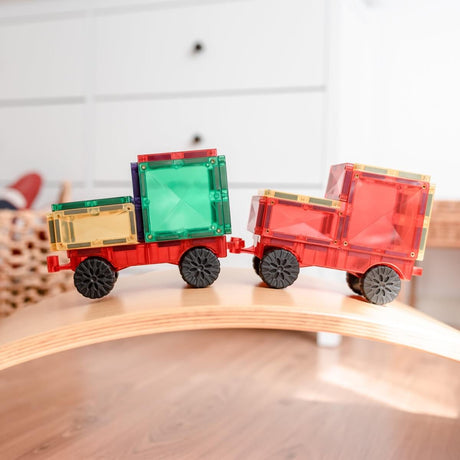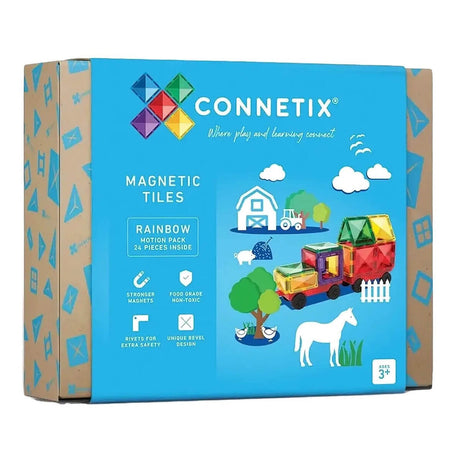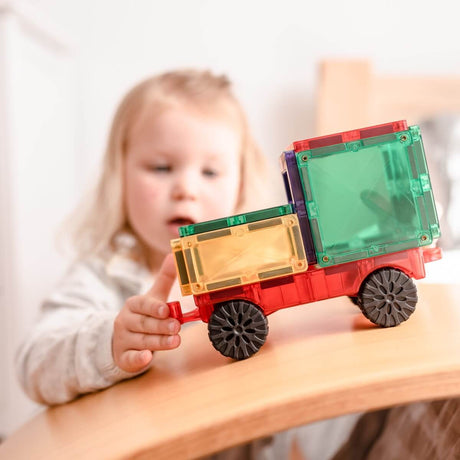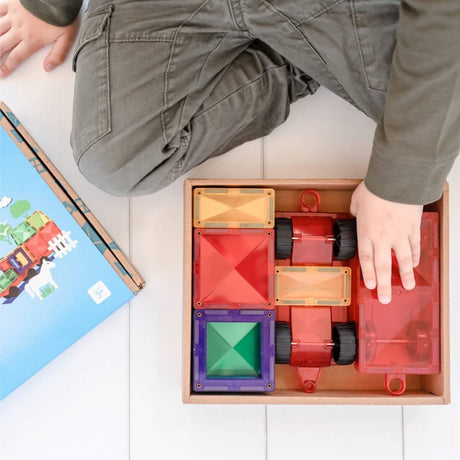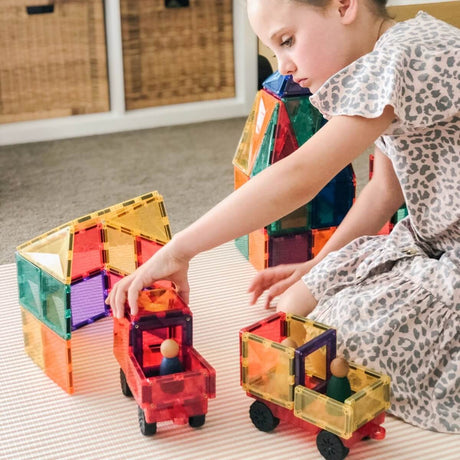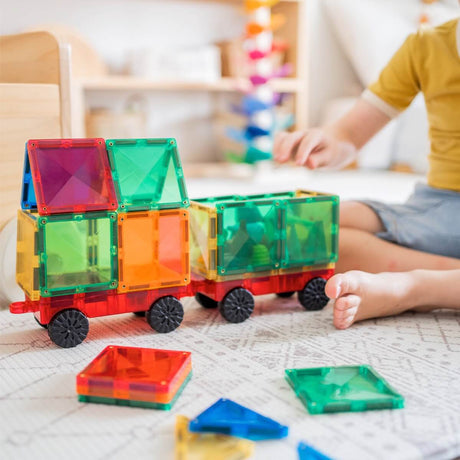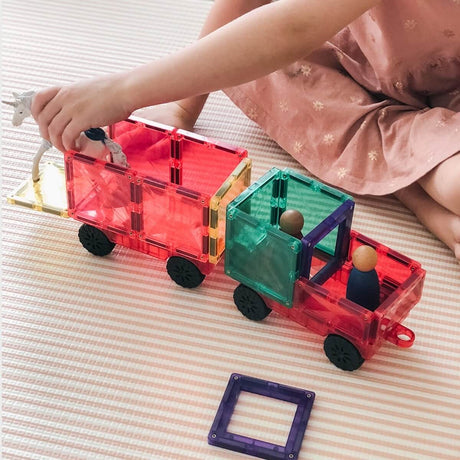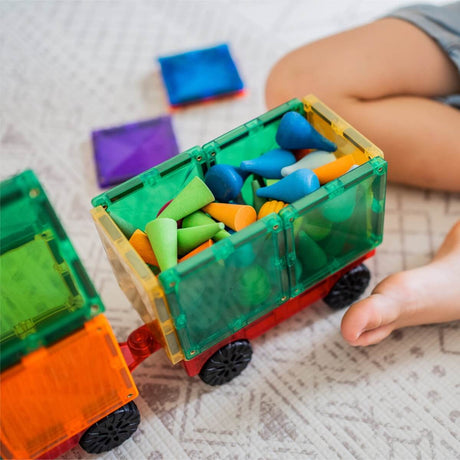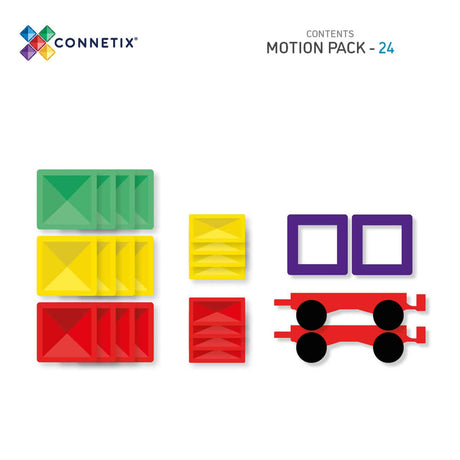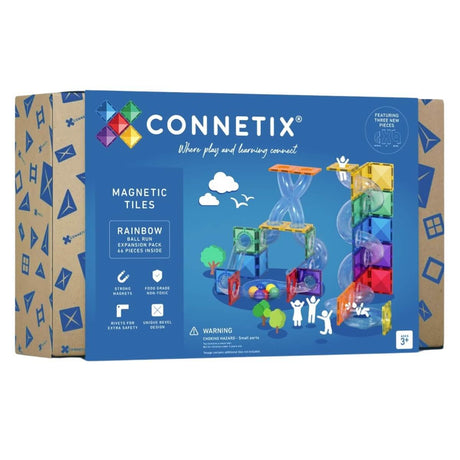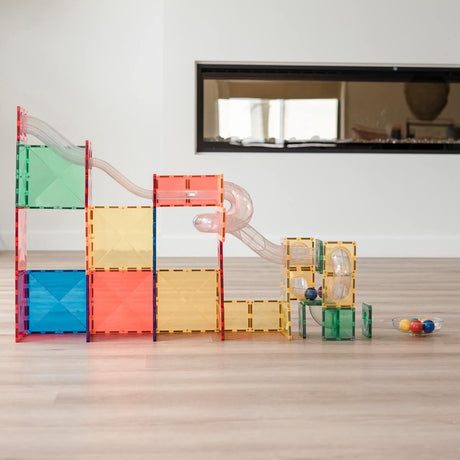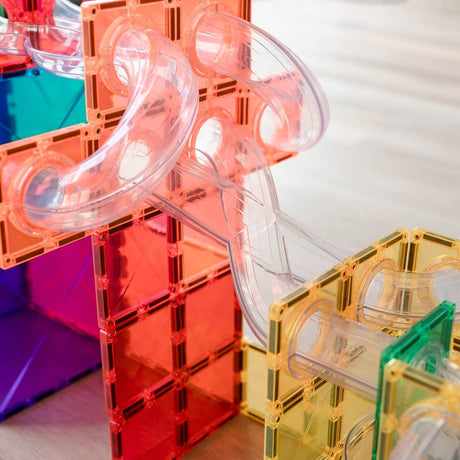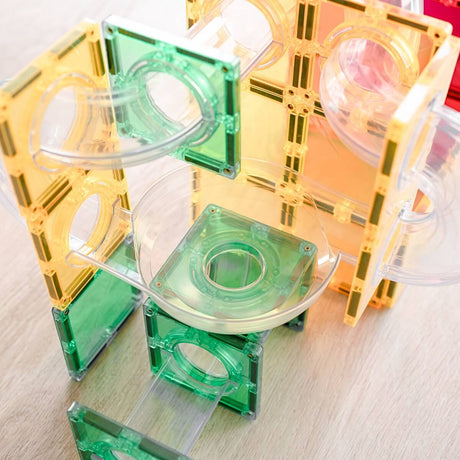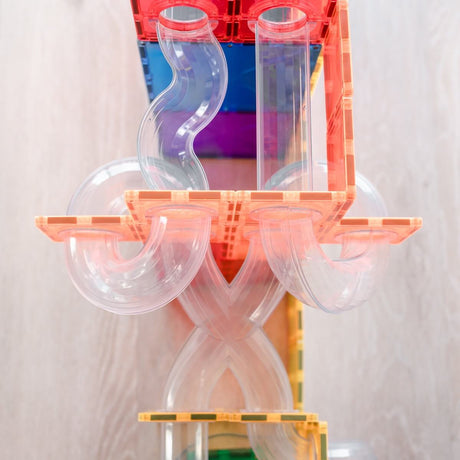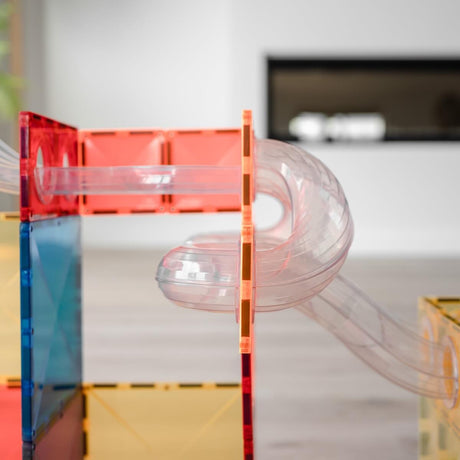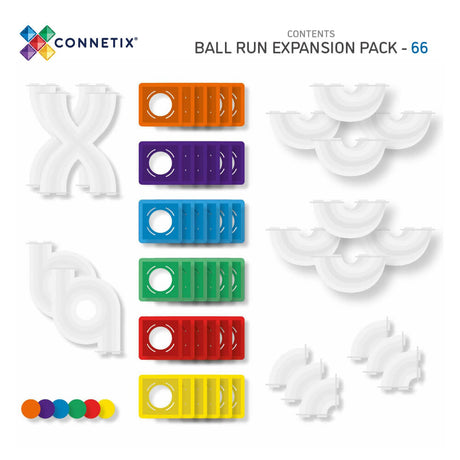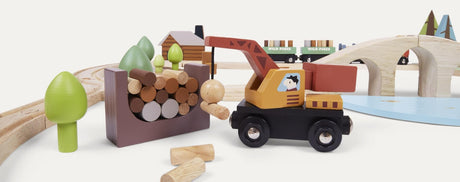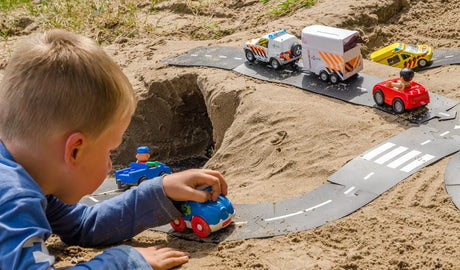In an ever-changing world, where innovation and adaptability are paramount, it is essential to instill skills such as critical thinking and creative thinking from an early age.
These cognitive tools are not limited to enriching children's educational and professional careers; they are also valuable assets in their daily lives, helping them navigate a complex and changing environment with ease.
What is critical and creative thinking?
Critical thinking is the ability to analyze, evaluate, and organize information to form judgments. It's about asking questions, developing hypotheses and sorting out fact from fiction.
Creative thinking allows you to think outside the box and involves generating new, novel and unique ideas and concepts.
These two skills are closely related and together form the basis of problem solving and innovation.
Why is critical and creative thinking important for children?
For children, developing these skills is crucial for several reasons:
Improved problem solving: Remember that children are constantly discovering and absorbing new knowledge about the world, which presents them with all sorts of new and exciting challenges. Critical and creative thinking allows them to address problems by exploring multiple perspectives and finding innovative solutions.
Building Resilience: When children use critical thinking, they are less likely to accept information at face value! This analytical mindset helps them bounce back from failure, ask questions, and demonstrate curiosity by understanding that failure is just an opportunity to learn. This will help them stay positive and determined as they move through life's stages.
Promote curiosity: Encouraging these ways of thinking means stimulating their sense of curiosity. A curious child tends to be more engaged, more enthusiastic, more eager to learn, and more adaptable to changing circumstances.
How to Help Children Develop Critical Thinking and Creative Thinking
Parents and educators can contribute to the development of these skills in multiple ways:
Ask open-ended questions: Instead of asking yes/no questions, ask open-ended questions such as "What do you think about...?" or "How could we solve...?" This encourages children to think more deeply and share their views.
Invite people to think rather than give the answer: sometimes, when our child asks a question, we tend to respond immediately with the correct answer. However, to teach him to think for himself, you can also return the question to him. So, your child must think and weigh the benefits and consequences of situations for themselves, which is the basis of critical thinking.
Encourage curiosity: Sometimes a very curious child can be exasperating. But curiosity is an essential skill for critical thinking! Celebrate their “why” and “how” questions. Dive into exploring hypotheses and actively searching for answers together.
Provide varied experiences: Whether it's museum visits or nature hikes, exposing children to different environments stimulates their brains and broadens their understanding of the world.
Limit screen time: While technology has its benefits, unplugging kids and engaging them in hands-on activities will boost their creativity and critical thinking.
Freedom of expression: Try imaginative play, where there are no rules or limits. This freedom allows children to express themselves, test ideas and experiment with different solutions, thus developing their creative thinking.
Emotional exploration: Through play and experiences, children often imitate real-life situations, allowing them to manage their emotions, consider diverse perspectives and develop empathy. This emotional exploration is part of critical thinking, where understanding different points of view is crucial.
Resourcefulness and ingenuity: By using everyday objects as accessories in their games, children learn to imagine multiple uses for the same object, which stimulates their creative thinking process.
Games to develop critical and creative thinking
Logic games
As part of the development of critical thinking in children, logic games play an indisputable role. Among them, games from the Smart Games brand particularly stand out. These games, designed to stimulate logical thinking and problem solving, are a great way to encourage children to think analytically and strategically.
For example, logic challenge games that ask children to find solutions through different configurations strengthen their ability to analyze situations and consider various solutions.
STEM toys
Furthermore, STEM (Science, Technology, Engineering and Mathematics) oriented toys represent another fascinating avenue for cultivating critical and creative thinking. These toys not only encourage learning basic science concepts, but they also inspire children to experiment, explore and innovate.
From robotics kits to construction sets to science experiment sets, these toys provide hands-on opportunities to learn by doing. They allow children to understand how things work, develop engineering skills, and apply mathematical concepts in real-world contexts.
The impact of these games and toys is not limited to intellectual development; they also prepare children to adapt to emerging technologies and future challenges in a rapidly changing world. At Comme des Pirates, we are convinced that the integration of these fun and educational tools into the daily lives of children is a crucial step in equipping them with the skills necessary for them to flourish in the 21st century.
Conclusion
Critical thinking and creative thinking are crucial cognitive skills that enable you to approach challenges with a fresh eye and develop innovative solutions.
These cognitive tools are not only essential to academic and professional success, but they also play a fundamental role in daily decision-making!
Although critical and creative thinking can be honed throughout life, it is often during childhood that the foundations are established. We can therefore say, without risk of being mistaken, that they are very important and that we should be interested in them, from an educational point of view, from a very young age.
By encouraging imaginative and open-ended play, we provide children with the opportunity and tools they need to develop these key cognitive skills, preparing them for a life of success and adaptability.




